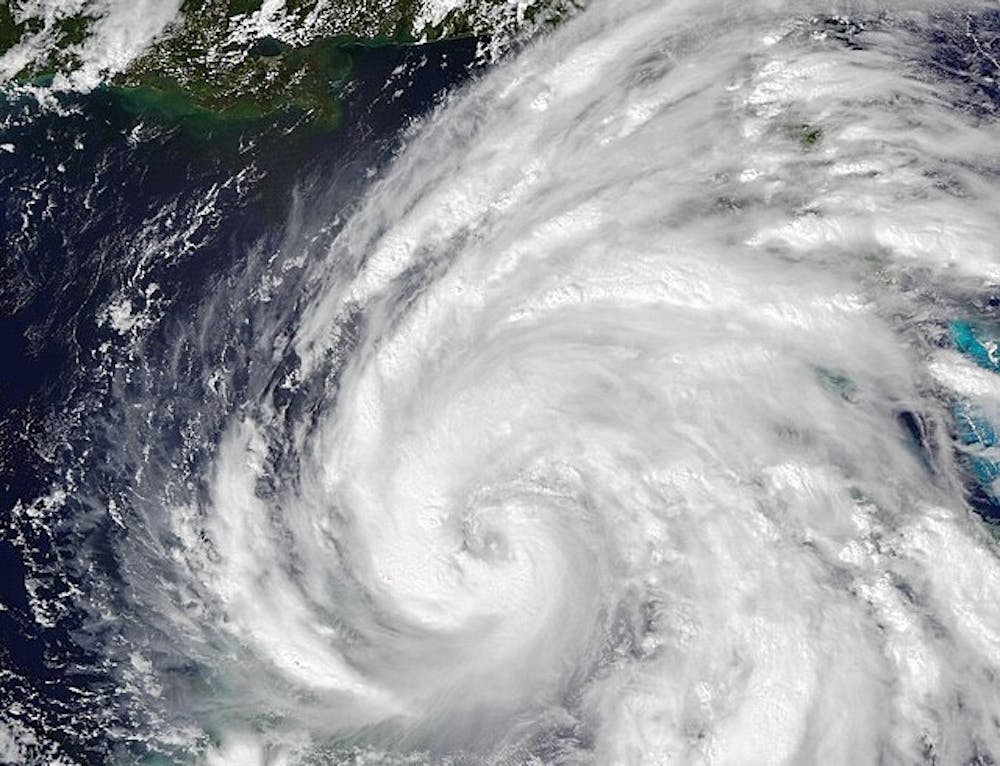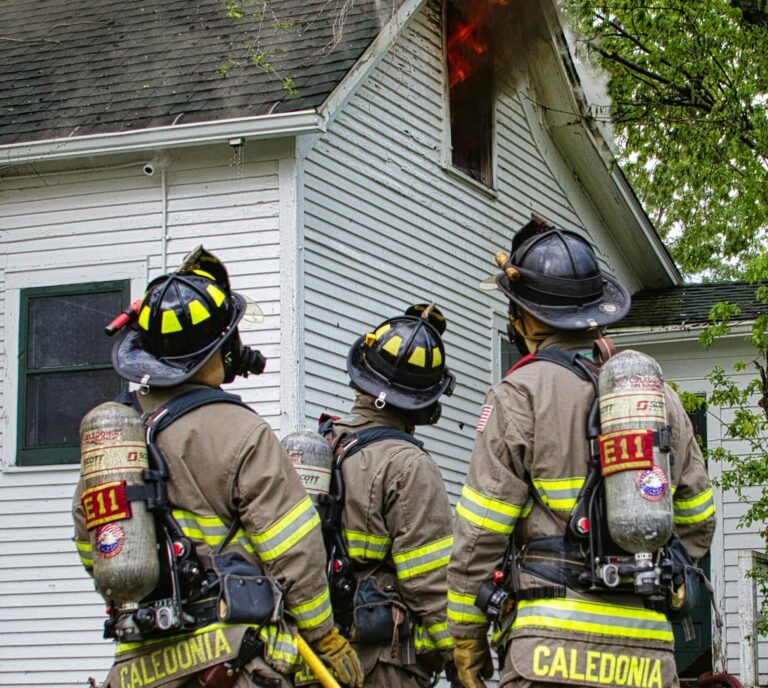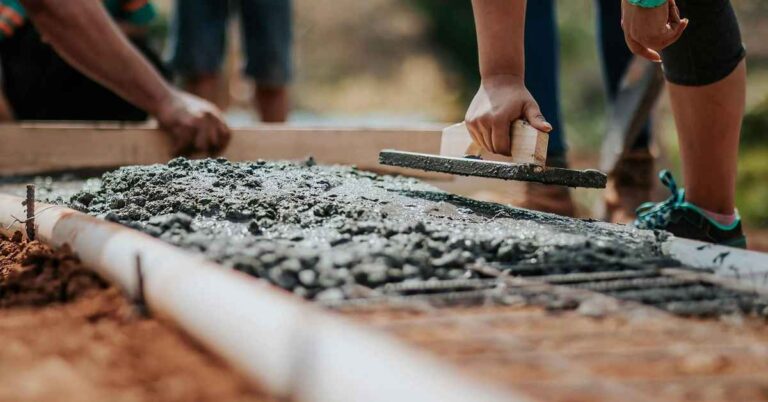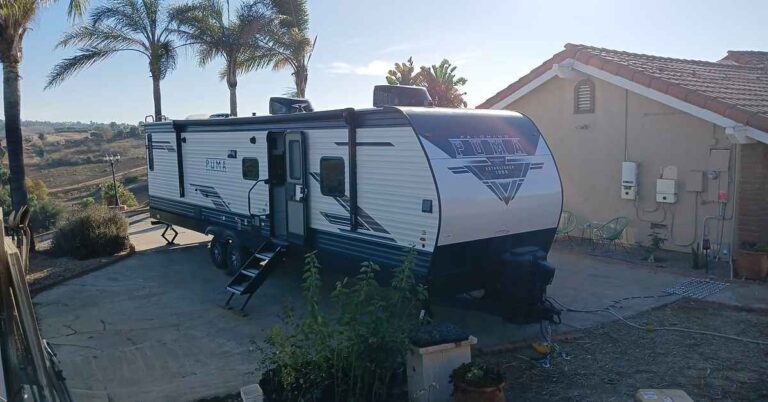Homeowners really should talk to their insurer about their temporary housing policies and the option of RV rental.
How to Ensure Your Home Insurance Covers Temporary Housing in the Aftermath of Hurricane Helene
As Hurricane Helene leaves a trail of destruction across Florida and Georgia, many homeowners are grappling with the devastating loss of their homes. The powerful storm has caused widespread damage to properties, leaving families displaced and in urgent need of temporary housing. In times like these, homeowners must be able to rely on their home insurance to provide the temporary shelter they need as they begin the daunting process of rebuilding.
Temporary housing, such as RVs, can offer a flexible solution that keeps families close to home, schools, and jobs while repairs are underway. With the uncertainty of natural disasters increasing, now is the time to make sure your home insurance covers these essential services.
Why Temporary Housing Is Critical After a Disaster
For families affected by severe weather events like Hurricane Helene, being forced out of their home is disruptive enough without the added stress of relocating far from familiar surroundings. Many find themselves juggling hotel stays or moving in with relatives, which can complicate daily routines, especially for children who rely on school bus routes or adults who need easy access to work.
Temporary housing services using RV rentals, allow families to stay on-site while their home is being repaired. This option minimizes disruptions and keeps everyone close to their usual support networks. By remaining on your property, you can maintain a sense of normalcy during a turbulent time and have peace of mind knowing you can keep an eye on the repair process.
Ensuring Your Insurance Policy Covers Temporary Housing
Not all home insurance policies automatically cover temporary housing costs, and those that do may offer limited options. It’s essential to be proactive about reviewing your policy to ensure you’re adequately protected. Here are some steps you can take:
-
Review Your Policy’s Additional Living Expenses (ALE) Coverage
Additional Living Expenses (ALE) coverage is a critical component of most home insurance policies. This coverage typically pays for temporary housing, meals, and other increased living expenses if your home is uninhabitable due to a covered disaster. Take a close look at your policy and confirm the limits of this coverage. Some policies may have a cap on the amount they will pay or limit the duration of coverage. -
Confirm Temporary Housing Options
Insurance policies may cover different types of temporary housing, such as hotels, apartments, or short-term rentals. However, it’s important to ensure that your insurer offers flexibility. RVs, for example, provide an on-site solution that can save families from uprooting their lives while repairs are made. Check with your insurer to see if they include RVs as part of their covered options, and make sure they understand the benefits of staying on-site, especially when schools, work, or medical facilities are nearby. -
Ask About Flexible Arrangements
Inquire with your insurer about flexible arrangements that allow you to stay as close as possible to your damaged home. Some policies may require you to stay within a certain distance, while others offer broader flexibility. If staying on-site in an RV is important to you, make sure to express this need to your insurance agent and ask about any necessary documentation or steps you should take in advance. -
Understand the Claims Process
Before disaster strikes, make sure you understand the claims process for requesting temporary housing. You’ll want to know how quickly your insurance will approve housing costs and how payments are structured. Having this knowledge in advance will save valuable time and stress when you’re already dealing with the aftermath of a disaster.
The Benefits of RVs as Temporary Housing
RV living provides many advantages over traditional temporary housing, especially after a disaster like Hurricane Helene. Staying in an RV on your property ensures you remain close to your damaged home, allowing you to oversee repairs and safeguard your belongings. Additionally, it eliminates the need to relocate to an unfamiliar area, keeping children on their regular school bus routes and maintaining proximity to your daily routines.
Temporary Housing Services offers a range of RV options designed to meet the needs of displaced homeowners. From compact RVs perfect for small families to larger models equipped with all the comforts of home, these units can be delivered directly to your property, giving you immediate access to a safe and comfortable living space that is pet friendly as well. You can learn more about these options on the Temporary Housing Services website.
Take Action Now
The devastation caused by Hurricane Helene is a reminder of the importance of preparation. Don’t wait until you’re in the middle of a disaster to check your insurance policy. Contact your insurance provider today and ensure your coverage includes a variety of temporary housing options, including RVs, so you can keep your family safe, comfortable, and close to home during the rebuilding process.
By taking the time to review your policy now, you can have peace of mind knowing that no matter what comes, you’re prepared to weather the storm.




